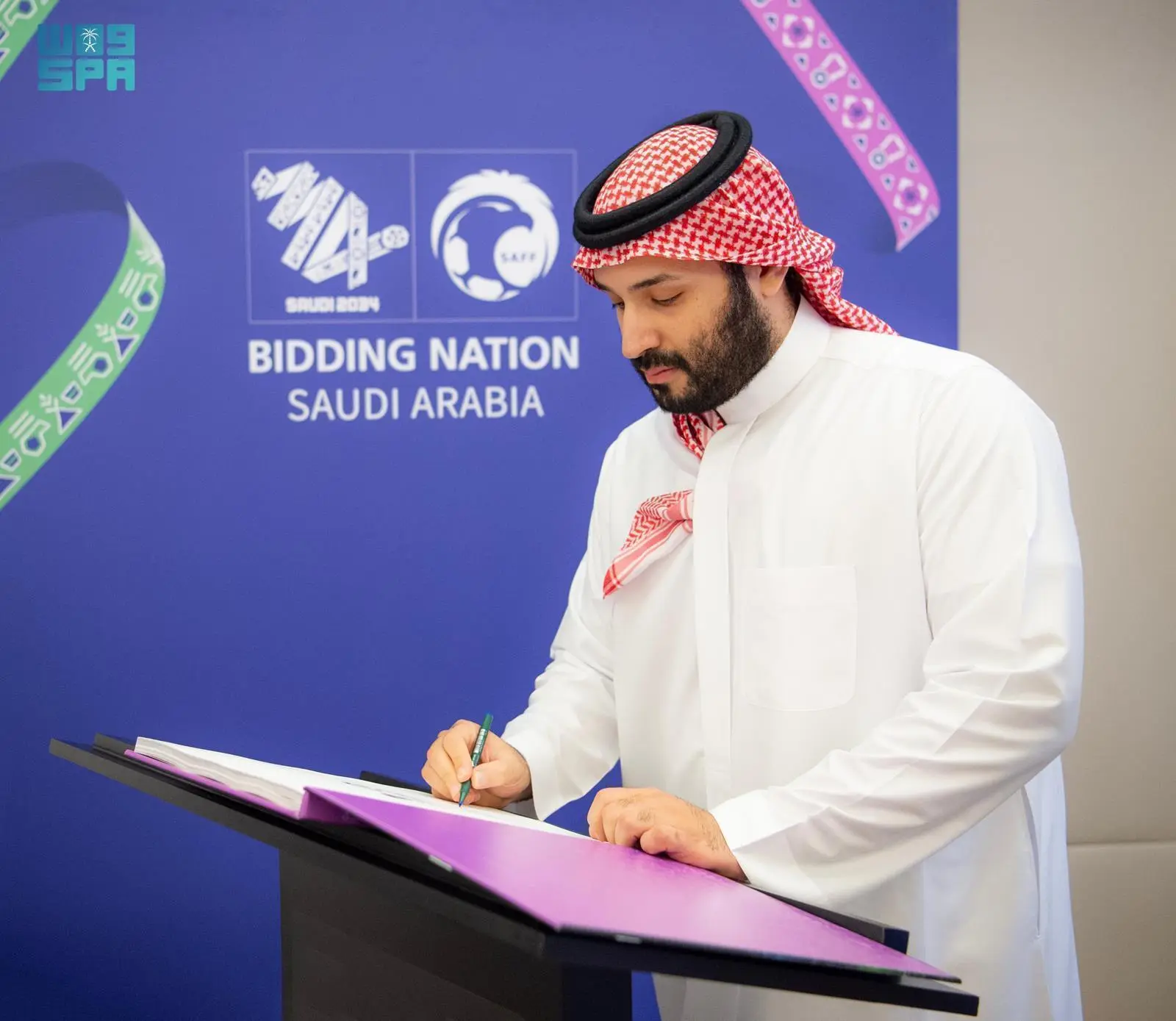
Ashraf AboArafe
His Royal Highness Prince Mohammed bin Salman bin Abdulaziz Al Saud, Crown Prince, Prime Minister and Chairman of the Council of Economic and Development Affairs – may God protect him – launched the National Strategy for Red Sea Sustainability, which aims to protect the Red Sea ecosystem, enhance cooperation frameworks for its sustainability, empower society and support the transition to a sustainable blue economy in a way that achieves economic diversification and is in line with the goals of the Kingdom’s Vision 2030, and the national priorities for the research, development and innovation sector that were previously launched, most notably environmental sustainability and basic needs.
His Royal Highness the Crown Prince said: “The Kingdom of Saudi Arabia continues to unleash its economic, geographical and cultural potential, and its pioneering efforts in the fields of sustainability and environmental conservation. Through this strategy, the Kingdom enhances the position of the blue economy as a fundamental pillar of its economy, and aspires for the Red Sea region to become a reference for best practices in the blue economy, and for the Kingdom to become a global leader in the field of research, development and innovation in the blue economy. The Kingdom also affirms its commitment to a sustainable future for the Red Sea, and we look forward to everyone’s cooperation to protect our coasts on the Red Sea, nature and the communities that depend on it.”
The Red Sea is one of the Kingdom’s most unique and biodiverse regions, with a natural area of 186,000 square kilometers, a coastline of 1,800 kilometers, the fourth largest coral reef system in the world, home to 6.2% of the world’s coral reefs, and an archipelago of hundreds of islands.
The strategy sets out a comprehensive national framework that outlines how to preserve and restore the Red Sea’s natural treasures, ensuring that citizens, residents, and visitors enjoy them and sustain them for generations to come.
The strategy demonstrates how protecting the natural environment will unlock the region’s economic potential and begin the transition to a blue economy, creating investment opportunities for innovative companies in various marine sectors, including ecotourism, fisheries, renewable energy, desalination, shipping, and industry.
To support the national economy, the strategy aims by 2030 to increase the coverage of marine and coastal protected areas from 3% to 30%, support the contribution of renewable energy to 50% of the targeted energy mix, provide thousands of job opportunities related to blue economy activities, and protect the Kingdom’s investments in tourism projects in coastal areas, which contributes to increasing the gross domestic product.
The strategy is based on 5 strategic objectives: environmental sustainability, economic development, social development, safety and security, and governance and cooperation, and includes 48 qualitative initiatives that have been developed to achieve the Kingdom’s ambitions in the blue economy and related activities.
The strategy announcement clarifies the pivotal role played by the Kingdom in protecting natural resources in light of the environmental and climate challenges facing the world today, and charts a new path that combines economic growth and environmental sustainability. Media Section of the Embassy of the Kingdom of Saudi Arabia in Cairo.

 to all..
to all.. 


